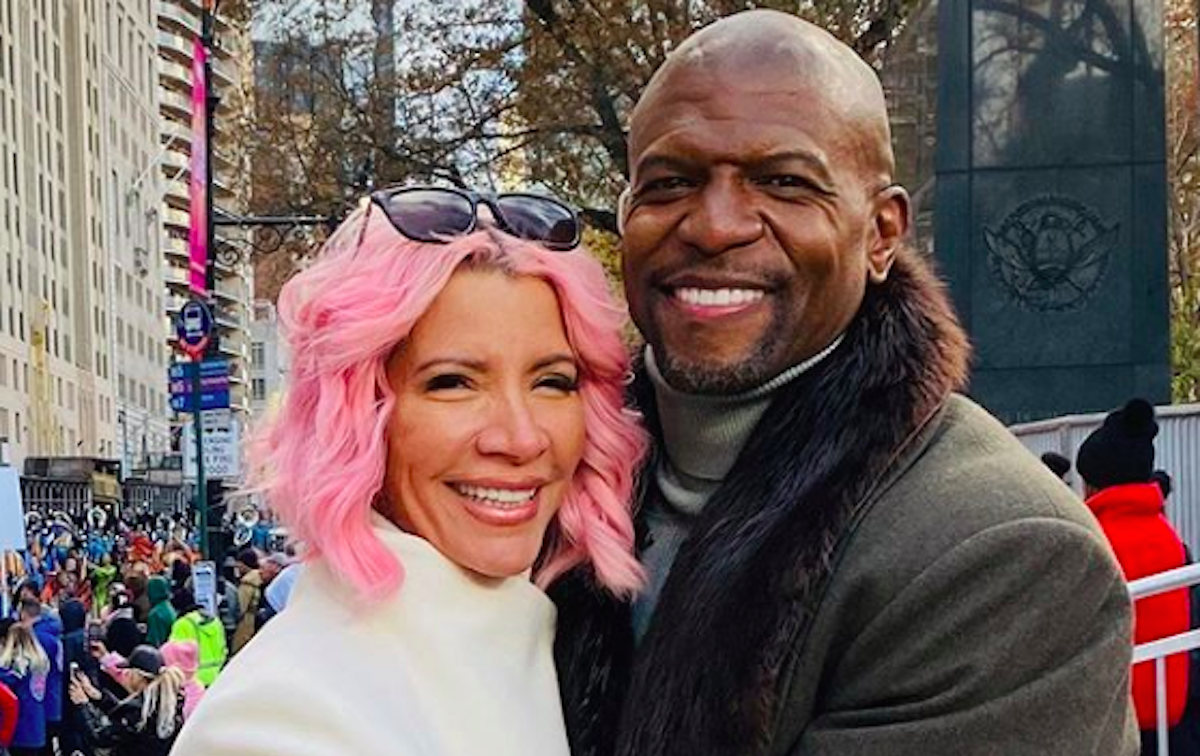In a remarkable example of the disparities that exist when it comes to cancer and race, America’s Got Talent host Terry Crews, and his wife Rebecca, have shared a shocking story with SurvivorNet about Crews’ late mother and the awful lack of care she received in the hospital after battling cancer.
According to Terry and Rebecca, when Terry’s mother, Patricia, fell sick after receiving treatment for lymphatic cancer, she was left in a Flint, Michigan hospital bed and her symptoms were largely ignored for two weeks without receiving the proper treatment. It wasn’t until someone figured out that she was related to a celebrity that she was transported a hospital in Detroit for proper care, the couple explains.
Read More
Black Communities And Cancer: Devastating Inequality

A Black woman with breast cancer has a 39% higher chance of death compared to white women. There are many factors in play here, but certainly there are very few statistics in American life as revealing about inequality.
According to the American Cancer Society, Black men are 15% more likely to be diagnosed with lung cancer than white men, and The National Cancer Institute says Black men battling lung care are likely to die sooner compared to white men when looking at the 5-year survival rate. There are two factors contributing to these statistics, and one of them is that a study from The New England Journal of Medicine showed that 64% of Black men with early stage lung received surgical treatment while 77% of white men received surgery a 12.7% difference.
“There’s A Point Where We Have To Be Proactive For Our Own Safety”
The Crews family points out that many people in the Black community inherently distrust the medical field due to its racial history. These historical touchstones include The Tuskegee Syphilis Experiment (a study where over 600 Black men with syphilis were tested on, but never given penicillin for treatment), the case of Henrietta Lacks (whose cancer cells were harvested without her family’s permission), and the terrible experiments performed by American physician James Marion Sims on enslaved Black women.
Dr. Kathie-Ann Joseph explains the infamous Tuskegee Syphilis Experiment
“There’s a point where that trust has to stop,” says Mr. Crews. “There’s a point where we have to be proactive for our own safety…You could see in the history of the United States the medical industry has not taken care of our community very well. They don’t have a good track record.”
Ask Questions, Be Your Own Advocate
Terry urges black Americans who are either facing a cancer diagnosis, or those whose family members are facing cancer, to not be afraid of asking their doctors questions. The Crews’ say that Rebecca’s response to her breast cancer diagnosis was undeniably helpful in her recovery.
“I really encourage our community to be proactive in every step, know what’s happening [by asking],” Terry suggests. “There are no dumb questions. None.”
Dr. Otis Brawley says restoring trust is crucial to improving outcomes for black Americans grappling with diseases from COVID to cancer.
Learn more about SurvivorNet's rigorous medical review process.

